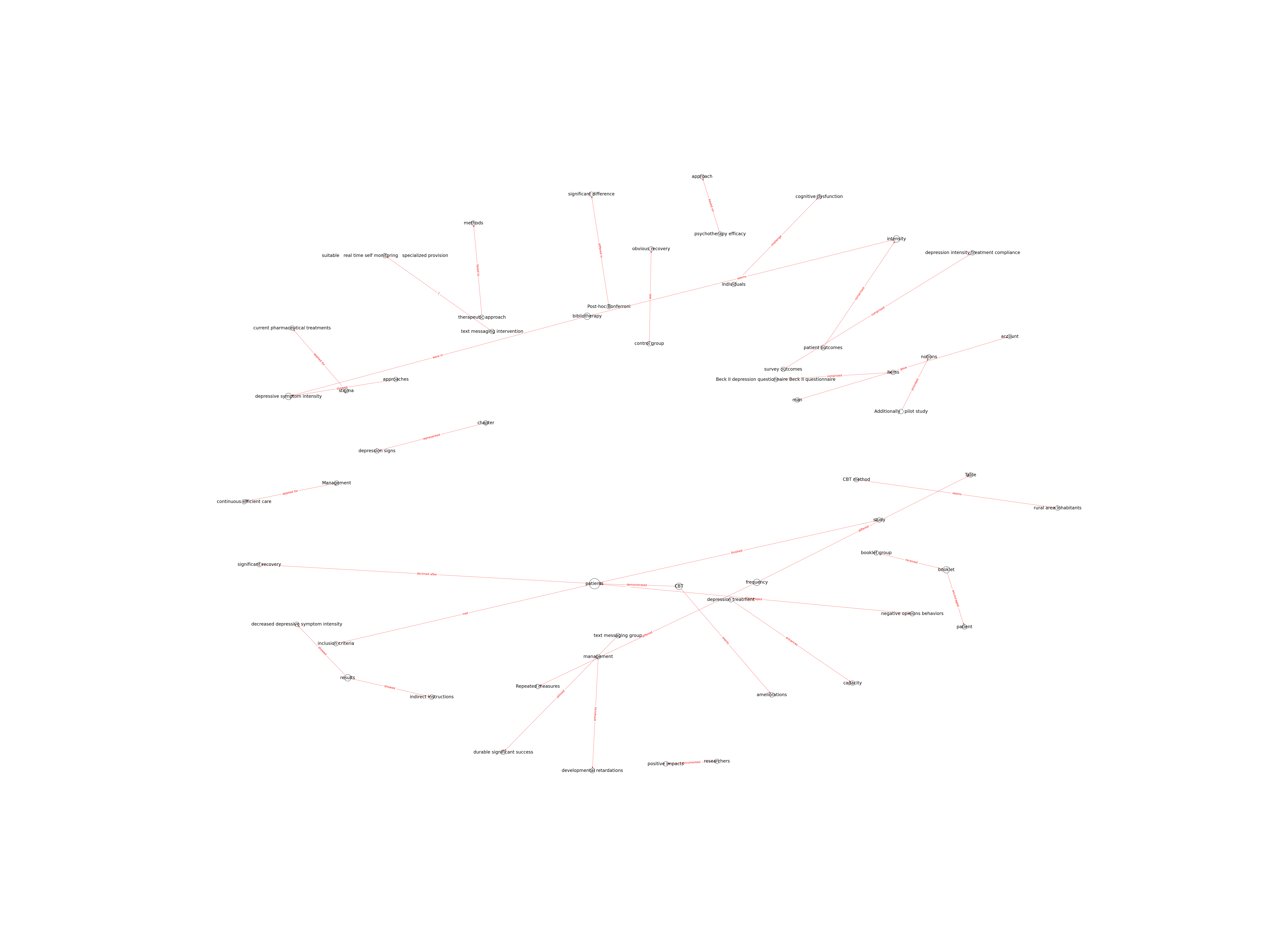| Id | 616 | |
| Author | Taleban R., Zamani A., Moafi M., Jiryaee N., Khadivi R. | |
| Title | Applications of text messaging, and bibliotherapy for treatment of patients affected by depressive symptoms | |
| Reference | Taleban R., Zamani A., Moafi M., Jiryaee N., Khadivi R.; Applications of text messaging, and bibliotherapy for treatment of patients affected by depressive symptoms ;International Journal of Preventive Medicine vol:MARCH-2016 issue: page: |
|
| Keywords | Behavior therapy; Bibliotherapy; Cognitive therapy; Depressive symptom; Psychotherapy; Text messaging |
|
| Link to article | https://www.scopus.com/inward/record.uri?eid=2-s2.0-84960101880&doi=10.4103%2f2008-7802.177889&partnerID=40&md5=10b6738409b2d7eb68671ea9f53dc6ba |
|
| Abstract | Background: Intensity of depressive symptoms could be exacerbated due to the paucity of appropriate treatments. We assessed the effectiveness of bibliotherapy and text messaging, which aimed at amelioration of patient’s behavior and consciousness, which could lead to suicide prevention. Methods: This was a randomized clinical trial implemented in rural health centers of Isfahan district (Iran). Health centers were assigned in three trials consisting of the booklet, text messaging, and control groups. Each group consisted of 70 patients. Inclusion criteria were being affected by depressive symptom, <18 years, and cell phone accessibility. Mental retardation, drug and alcohol abuse, visual disability, dementia, suicide attempt history, electrotherapy, and receiving psychological interventions were our not met criteria. Our patient outcomes comprised intensity of depressive symptom and treatment compliance. The first two trials were requested to study instructive booklets in 30 days while the second cohort was demanded to study the booklet in accordance with the daily delivered text messaging. Results: Out of 210 individuals, 198 patients finished this study. The intensity of depressive symptom was significantly affected through time and group factors as well as time-group interaction (F = 12.30, P < 0.001). Based on treatment compliance, the interactive effect of group factor and the time factor was statistically significant. Conclusions: It seems that bibliotherapy could efficiently decrease the intensity of depressive symptoms. Nevertheless, in comparison with our booklet trial, the text messaging group achieved neither durable nor significant success; thus, bibliotherapy could be utilized as a complementary methodology aiming depression treatment. © 2016 International Journal of Preventive Medicine. |
|
| Metodology | Technique |

Note: Due to lack of computing power, results have been previously created and saved in database


